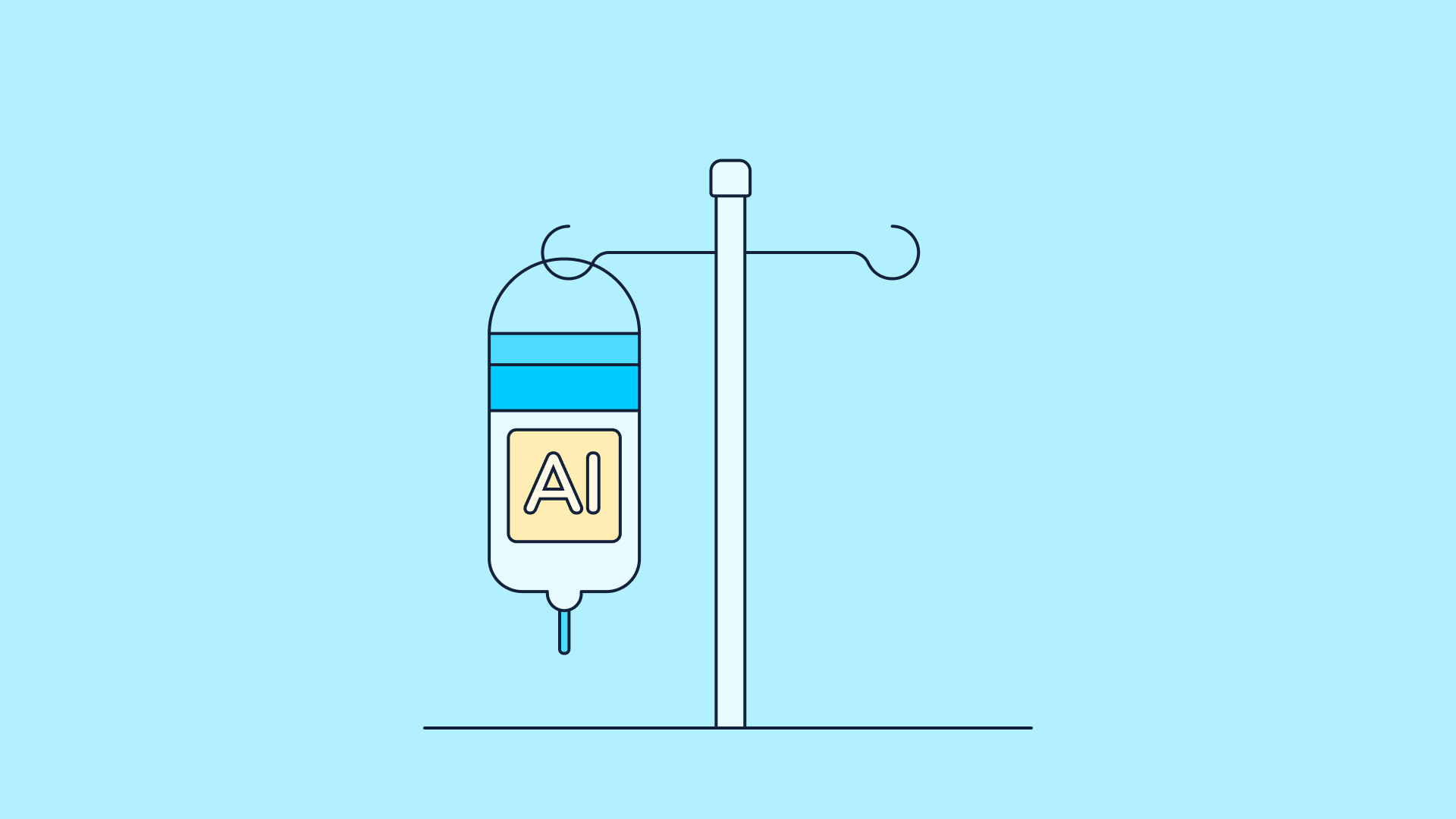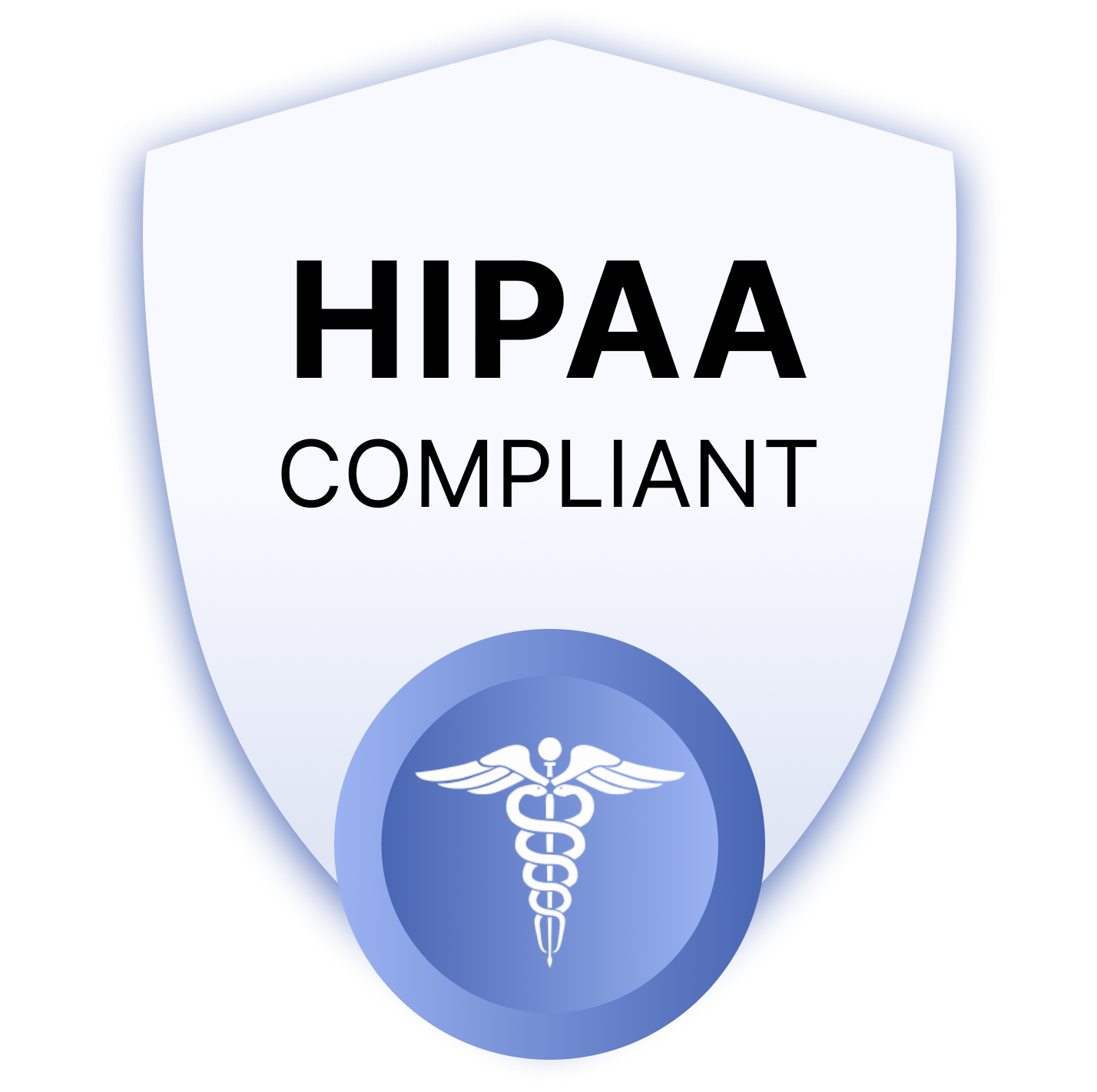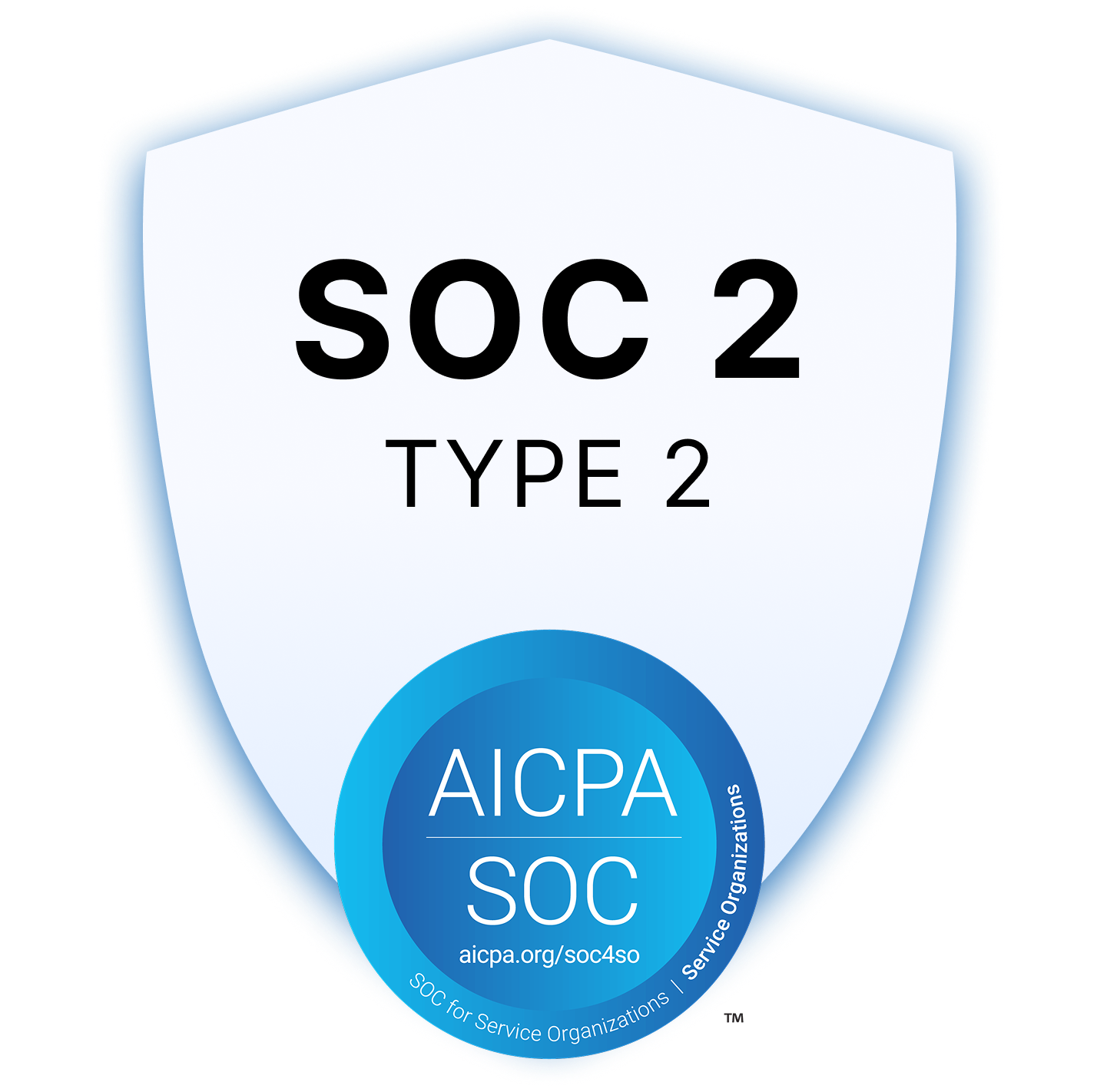
AI in Healthcare
6 min read
Will AI Replace Nurses? The Potential, Risks & Challenges of Using AI in Nursing
Summary
Your Competitors Are Embracing AI – Are You Falling Behind?
The integration of artificial intelligence into healthcare has spurred discussions on its impact on the nursing profession, raising the fundamental question: will AI replace nurses?
While AI's prowess in managing large data sets, aiding in diagnostics, and performing certain clinical tasks is acknowledged, the nuanced, compassionate care nurses provide cannot be easily replicated by machines.
Concerns exist around patient safety and the personal touch in caregiving should AI systems falter or misunderstand complex human nuances.
In this article, we will explore the realistic potential of AI in nursing, the balance between technology and human touch, and the evolving role of nurses in an AI-augmented healthcare landscape.

Will AI Replace Nurses? TL;DR
In the realm of healthcare, artificial intelligence (AI) is making substantial strides, but the notion that it will replace nurses is not grounded in the current reality.
- AI can assist with tasks such as patient assessments, routine check-ins, and offering basic health advice.
- Nevertheless, the intrinsic qualities of human nurses—compassion, empathy, and the ability to understand complex human needs—remain beyond AI's reach.
- Furthermore, AI applications in health care are subject to regulatory scrutiny. Their implementation requires thorough testing to ensure patient safety is not compromised. The role of AI is seen more as a support tool rather than a replacement for human healthcare workers.
- The economic consideration is also significant; AI applications may offer savings, as they can function at a lower cost compared to human workforce. However, AI cannot navigate the full spectrum of nursing duties, especially those requiring a personal touch.
Can AI Replace Nurses?
Artificial Intelligence (AI) is permeating various sectors, including healthcare, prompting discussions about its role in nursing.
The integration of AI in health services supports the delivery of care and augments the capabilities of nurses. However, the question of whether AI can replace nurses needs a multi-faceted approach.
The potential for AI to assist nurses is clear. AI-powered tools can aid in:
- Diagnosing diseases with precision.
- Managing patient data for better care plans.
- Performing repetitive tasks to save time.
Robots and AI in the nursing space are anticipated to be more present in the future. They might perform functions such as:
- Dispensing medication.
- Monitoring patient vital signs.
- Assisting patients with mobility.
However, the role of nurses encompasses more than these tasks. Nurses provide:
- Empathetic patient care: Human interaction is crucial for patient comfort and mental health.
- Critical thinking: Nurses assess and respond to changes in patient conditions in real-time.
- Patient advocacy: Nurses often coordinate to ensure patients receive the best possible care.
In considering if AI nurse robots will replace human nurses, it's important to understand that while AI can augment certain aspects of nursing, the totality of nursing care requires human elements that AI cannot replicate.
While AI is unlikely to replace nurses entirely, it could change how healthcare work is done, leading to a shift in the roles healthcare workers play. Nurses may increasingly become overseers and integrators of AI technology, focusing on aspects of care that require a human touch.
5 Tasks AI Might Overdo Nurses At
Initial Patient Assessments
AI-powered virtual assistants could outperform nurses in taking initial patient histories and assessments. These systems can quickly process large volumes of information, ensuring no detail is overlooked.
Routine Check-Ins and Monitoring
With continuous and real-time monitoring capabilities, AI systems can excel at keeping tabs on patients' vital signs, alerting human nurses only when anomalies are detected.
Providing Basic Health Advice
AI nurse robots, through pre-programmed knowledge and access to vast medical databases, could provide accurate basic health consultations and advice faster than their human counterparts.
Data Management and Analysis
AI's ability to analyze big data can outpace nurses in tasks involving the management, sorting, and interpretation of medical records and patient data.
Facilitating Group Entertainment Programs
As exemplified by robots like Paro, AI is capable of directing group entertainment safely and effectively, engaging multiple patients simultaneously with programmed activities.
5 Reasons Why AI Won’t Replace Nurses
1. Human Compassion
Nurses provide a level of empathy and understanding that AI cannot replicate. Patients often need the reassurance and warmth of human touch, especially in times of stress or illness.
2. Ethical Decision-Making
Nurses are trained to make complex ethical decisions. They advocate for patients' rights and make judgments that consider cultural and individual differences, something AI is not currently capable of fully understanding or addressing.
3. Adaptability in Dynamic Environments
Nurses excel at adapting to changing circumstances. They make real-time decisions based on multifaceted patient responses and nuanced environmental cues, an area where AI falls short.
4. Patient Education and Communication
Educating patients and their families about health conditions, treatments, and care plans is vital. Nurses clarify medical jargon and personalize information to each patient's situation, whereas AI lacks the ability to tailor communication with such depth and nuance.
5. Holistic Care Approach
Nurses take a holistic approach to patient care; they look at the whole person, including their psychological, social, and spiritual needs. AI, on the other hand, deals with data and patterns and cannot manage total patient care in the same holistic manner.
How Will AI Affect Nursing If It Does Not Replace Nurses? 7 Opportunities Of AI To Help Nurses
1. Enhanced Decision-Making
AI can provide nurses with data-driven insights, helping them make informed clinical decisions. By analyzing patient information and past outcomes, AI can highlight potential complications, suggest interventions, and assist nurses in prioritizing care.
2. Streamlined Administrative Tasks
AI can automate time-consuming tasks such as scheduling, documentation, and patient follow-up. This allows nurses to focus more on direct patient care rather than on bureaucratic responsibilities.
3. Improved Patient Monitoring
Wearables and other AI-powered devices can offer continuous real-time monitoring of patients' vital signs, alerting nurses to any abnormalities that may require immediate attention. It contributes to early intervention and better management of patient care.
4. Education and Training
AI systems can facilitate personalized learning experiences for nurses, identifying areas for development and delivering tailored training content. This continuous learning environment helps nurses stay up-to-date with the latest medical knowledge and practices.
5. Infection Control
AI can monitor and predict infection rates within healthcare settings, aid in the management of hospital-acquired infections, and inform nurses of potential outbreaks. By predicting and addressing these risks, AI supports nurses in maintaining a safe environment for patients and staff.
6. Medication Management
With AI assistance, nurses can ensure that patients receive the correct dosages at the right times. AI can minimize human error in medication administration, contributing to patient safety and effective treatment.
7. Patient Engagement
AI chatbots and virtual assistants can provide patients with information, answer common questions, and facilitate communication between nurses and patients. Enhanced engagement helps in promoting adherence to treatment plans and improves overall patient satisfaction.
Will Nurses Be Replaced By Robots In The Future?
The integration of Artificial Intelligence (AI) and robotics in healthcare has spurred debate about the future role of nurses.
The prevalence of AI nurse-bots has grown, yet the notion that they will fully replace human nurses is incorrect. These technologies serve as tools to enhance healthcare services rather than as outright replacements for traditional nursing roles.
Robots, such as Robot Paro and Robot Pepper, have been designed to assist in healthcare settings.
Robot Paro, for instance, engages with patients by conducting simple conversations and providing comfort, while Robot Pepper can lead group entertainment. They contribute to patient care, but their capabilities are defined and supplemental.
The application of AI in nursing tasks focuses on automating routine and repetitive tasks, such as monitoring patients' vital signs.
This streamlining allows human nurses to dedicate more time to complex and empathetic aspects of care that cannot be replicated by machines. Technology enhances efficiency but does not possess the human touch essential for nursing.
AI's role in healthcare is akin to an assistant—a support that improves service delivery but does not challenge nurses' necessity.
Nurses are required to navigate ethical decision-making, provide emotional support, and demonstrate clinical judgment skills that extend beyond current technological capabilities. AI and robotics, therefore, can be viewed as allies in the healthcare sector.
The entry of AI into healthcare has also raised valid concerns about job displacement.
While some tasks may be automated, the unique competencies of nurses ensure that their roles cannot be entirely supplanted by robots. The collaboration between human nurses and robots is anticipated to shape a future healthcare model that leverages the best of both entities.
Unlock 300+ integrations with no hidden fees, bespoke rewards, and dedicated support















